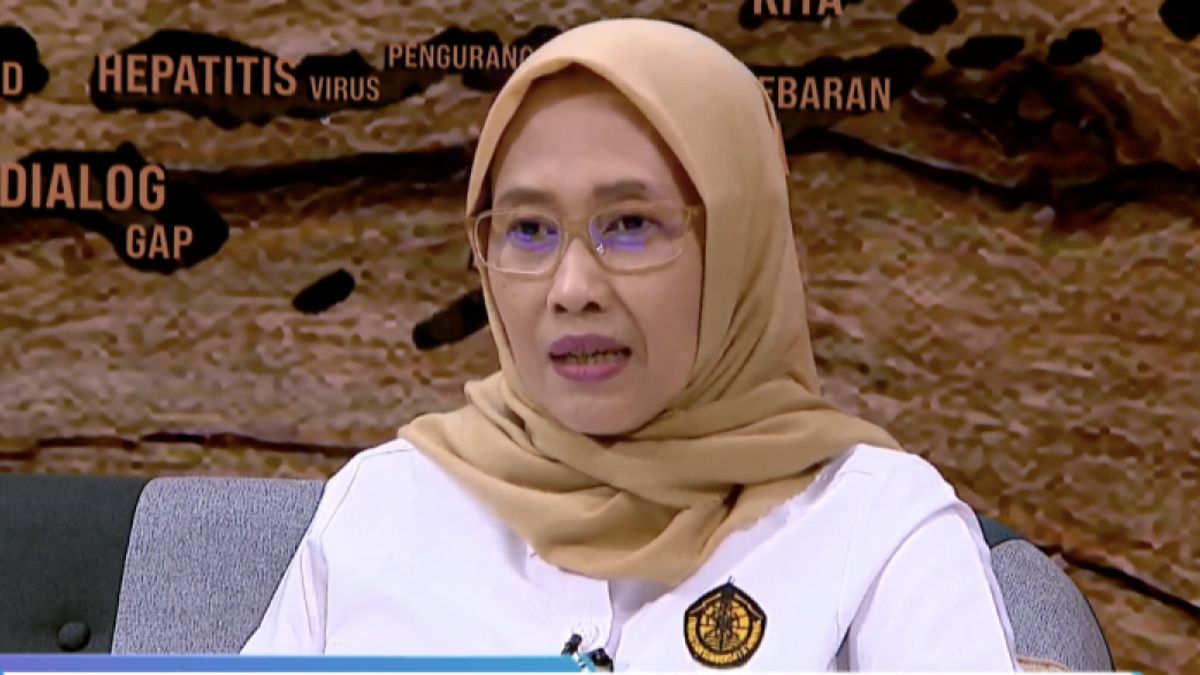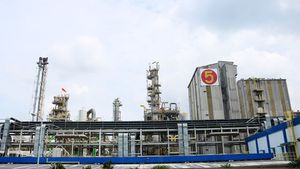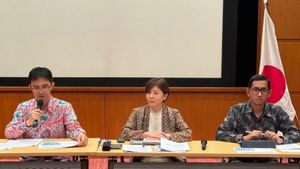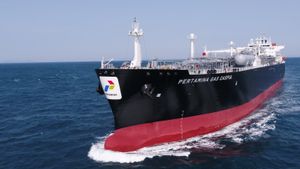JAKARTA - The Ministry of Energy and Mineral Resources (ESDM) through the National Energy Council (DEN) has compiled a National Grand Energy Strategy from 2020 to 2040, where one of its targets is to stop exporting fuel oil (BBM).
Expert Staff of the Minister of Energy and Mineral Resources (ESDM) for Electricity Sripeni Inten Cahyani said that in the Grand Design, a study was found that Indonesia needed at least 13 million electric vehicles to pave in 2030 so that fuel import activities could be stopped.
"The Minister of Energy and Mineral Resources as the Daily Chair of the DEN made or compiled the 2020-2040 National Grand Energy Strategy, where one of the 2030 targets was no longer importing or stopping imports of fuel. It was pulled back to meet 13 million electric motorcycles," Sripeni said in a discussion themed 'Deforming the Ecosism Regulation of Electric Vehicles', Wednesday, November 29.
Sripeni also admitted that the target was very heavy. Especially with the number of conversions of electric motorcycles which are still far from the target set by the government.
"To reach 13 million, to be honest, it is an extraordinary target, the challenge is very heavy. But it is the calculations of how we maintain energy resilience and independence," he said.
In achieving this target, he said, the government has set a number of policies to encourage the battery-based motor vehicle ecosystem in the community.
One of the challenges carried out is through Presidential Regulation (PERPRES) Number 55 of 2019 concerning the Acceleration of the Battery Electric Vehicle Program (Battery Electric Vehicle) for Road Transportation.
To implement this regulation, the government has provided Public Electric Vehicle Charging Stations (SPKLU), which to date have totaled 842 units and 1330 units of SPBKLU.
SEE ALSO:
Sripeni juga meminta Kementerian dan Lembaga untuk menjadikan kendaraan listrik sebagai kendaraan operasional
"So the government wants to set an example with the state budget. Back again, what role the government has, the seriousness of the government, to use the state budget to shop for electric vehicles, but this is also still not moving," he said.
He also highlighted the obstacles that were expected by K/L when setting electric vehicles as operational vehicles, one of which was the inappropriate cost standard, and the discrepancy between the ministry's budget ceiling and the price of electric vehicles.
"And at this time it was issued in September, there has been no budget revision so it is still stuck, there are still few who use EVs," concluded Sripeni.
The English, Chinese, Japanese, Arabic, and French versions are automatically generated by the AI. So there may still be inaccuracies in translating, please always see Indonesian as our main language. (system supported by DigitalSiber.id)













